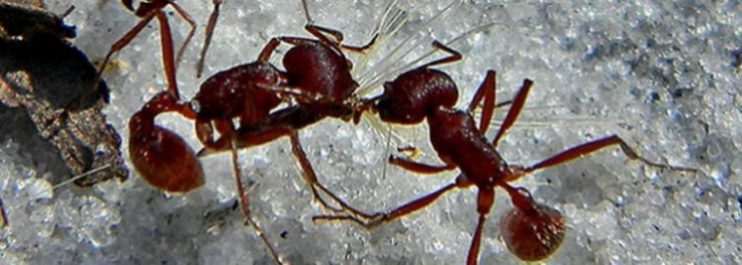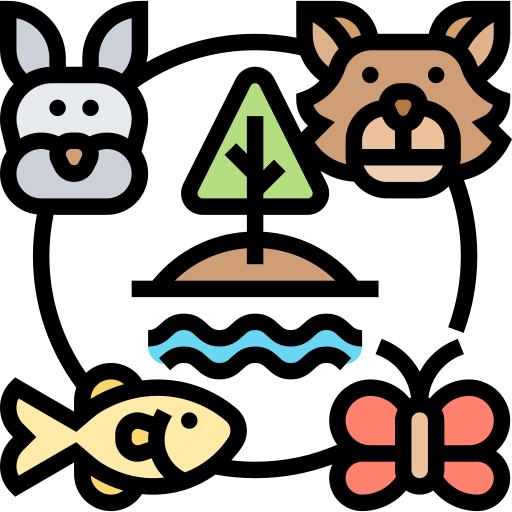
Harvester Ant
Looking for a Profession Exterminator in the Baltimore & DC Area?
Your Information Is Safe With Us. Accuate Pest Control will never sell, rent, share or distribute your personal details with anyone.
SATISFACTION GUARANTEE
We believe in the quality of our work. That’s why we proudly offer 100% Satisfaction Guarantee on our Residential Pest Control, Cockroach Control, Scorpion Control, Termite Control, Rodent Control and Weed Control Services. If you are not happy with the results, we will provide additional service with no extra charge until you are completely satisfied. Otherwise, you can request for a 100% refund or credit back to your account.
Re-service Guarantee
We guarantee to re-service your home or business for free, if pest problems return between our scheduled visits.
Price Guarantee
We offer a 2-Year Price Lock Guarantee which means that you don’t have to worry about increasing pest control rates for a minimum of two years.
Pest Control Guarantee
We guarantee to remove all covered pests on the interior and exterior of your property through our high-quality pest control service
Harvester Ant

Characteristics
The harvester ants are considered a nuisance pest because of their ability to sting people and even pets. They are large ants with a length of 1/5 to 1/4 inch. Some have yellow to black color, but the species that are the most notorious is the reddish brown, which is known as the red harvester ant. They have two segments on their abdominal and twelve segments on their antennae. Their psammophores are poorly developed. Adult males and females may have wings while workers are wingless females.

Habitat
Harvester ants prefer to live in open grassland or dry habitats, and are commonly found in a clay loam soil. They do not, however, like to live in a desert. When these ants are in vegetation, they have the ability to remove the plants around them in a circular or crater shape with their colony in the middle of it. It is common to find no vegetation around the surrounding areas of the colony, and also the foraging trails of these ants.

Behavior
The life of the colony is the queen. The harvester ant queen can live for 15 to 20 years and she cannot be replaced. When the queen dies, the colony will die with her. Although she may produce fertile alates, her female alate offspring will just move out and create her own colony instead of helping her maintain her mother queen’s colony. To maintain her colony, the queen will produce 10,000 workers each year that will also die after a year. These workers are divided into four classes, which are the maintenance crew, midden workers, forager, and patroller.
Food
These ants can eat almost anything, but they mostly prefer seeds and dead insects, which they bring back to their nest for storage. They can either collect seeds that have fallen from the ground, or they can also pluck them out from the plants. Their preferred seeds from plants are alfalfa, crab grass, small crab grass, red clover, rough buttonweed, sedge, poke weed, narrow leaf vetch, ragweed, and crotonweed.
Life Cycle
These ants are social insects that prefer to live together in colonies. They have only one queen per colony. Their life cycle begins with a winged female and a male swarming away from the parent colony to mate. After mating, the male will die while the female will shed her wings since she will not have any use for it. She will then search for a suitable nest to begin laying her eggs. After the eggs hatch, the queen will now have her first batch of workers that will take care of her and the eggs she will produce.
Other Information and Tips
Harvester ants can become pests because they have the ability to clear areas of grass around a supposed grassy land. They often create nests in open areas where people can easily be victimized, such as in lawns, recreational areas, and even on golf courses. Their sting is a cause for an alarm because it is known to be venomous. Their venom is even considered more dangerous than bees, wasps and hornets. Although some species of these ants are not aggressive, it is still recommended to get rid of their colonies in areas where people might encounter them. Otherwise, these ants should just be left alone if they are only present in a specific area to harvest seeds and insect pests.
If you would like to get in contact with us, you can give us a call
